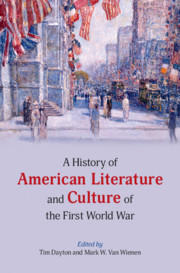This essay revisits Chinua Achebe’s exemplary satire of African disillusionment, No Longer at Ease (1960). Published the year of Nigeria’s official independence from Britain, the novel describes how Obi Okonkwo, a civil servant and colonial subject, tries but fails at the threshold of independence to navigate a Nigerian modernity overrun with cultures of bribery, nepotism, and tribalism. Torn between the moral and financial demands of his rural, traditionalist kin and those of the colony’s urban elite, Obi succumbs to corruption, voicing his downfall and Nigeria’s botched independence through a sardonic self-acquittal. A frustrated idealist betrayed by the high promises of anticolonialism, Obi mirrors a lost generation of African writers and intellectuals, figures the novel satirizes for their self-absolving cynicism.
